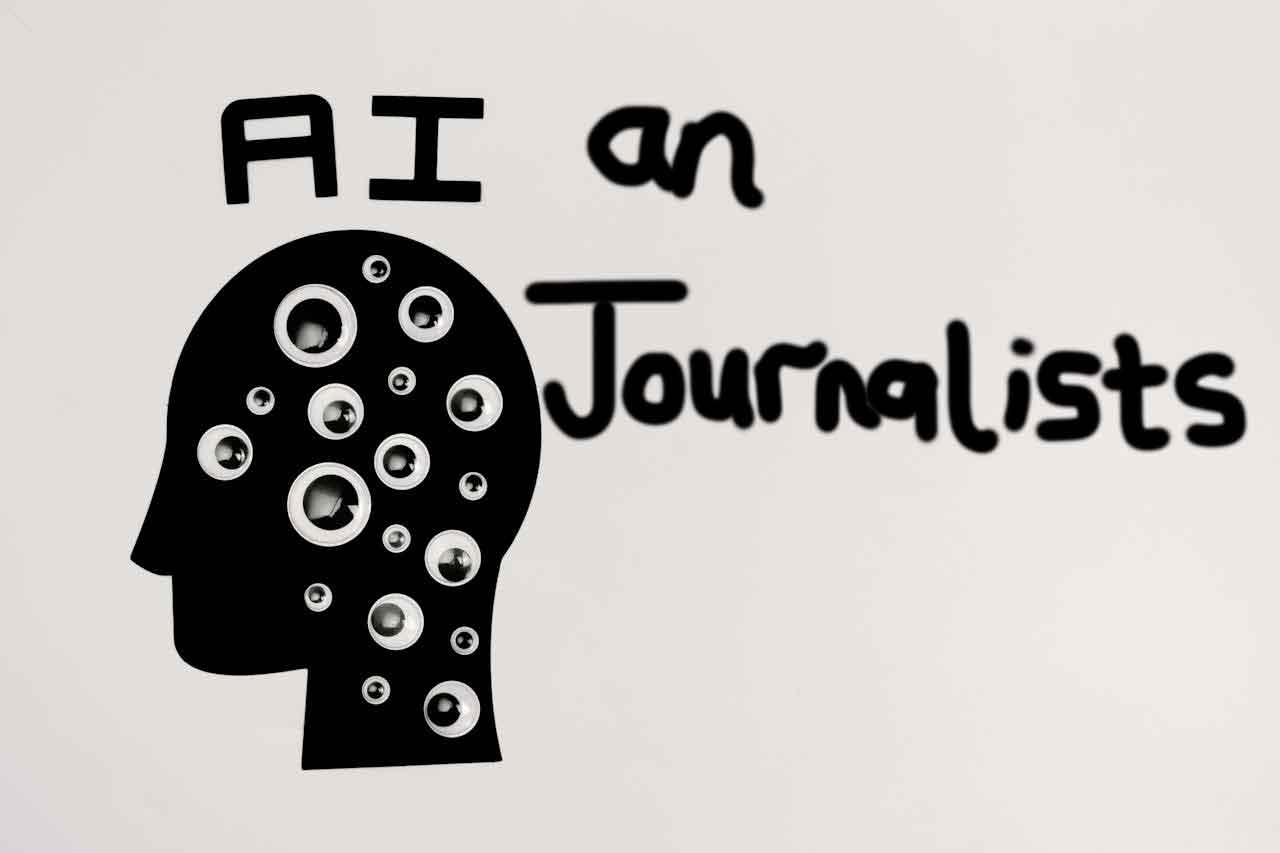In todays world, the way journalists do their job is changing and it is becoming more demanding and interesting. Artificial intelligence (AI) is bringing this new dimension to the job of journalists.
Artificial Intelligence (AI) offers numerous opportunities for journalists to enhance their work.
From improving efficiency and accuracy to uncovering new insights, they can maximise what Ai platforms offer.
Here are several ways journalists can leverage AI in their profession:
1. Automating Routine Tasks
- Content Generation: AI can produce simple news reports, such as sports scores, weather updates, and financial reports, freeing up journalists to focus on more complex stories.
- Transcription Services: AI tools like Otter.ai and Trint can quickly transcribe interviews and press conferences, saving time and ensuring accuracy. Although, you must be sure that the accent of the individual does not interfere with the transcription you will get.
2. Data Analysis And Visualisation
- Data Mining: AI algorithms can sift through large datasets to identify trends, anomalies, and correlations that might be newsworthy.
- Visualisation Tools: AI-powered tools can create interactive graphics and charts that help present data in an engaging and understandable manner.
3. Fact-Checking And Verification
- Automated Fact-Checking: Tools like Full Fact and Chequeabot can automatically verify information, helping journalists ensure the accuracy of their reporting.
- Source Verification: AI can analyze the credibility of sources and flag potential misinformation or biased information.
4. Personalisation And Audience Engagement
- Content Personalisation: AI can analyze reader preferences and browsing history to suggest personalised content, increasing engagement and readership.
- Chatbots: AI-driven chatbots can interact with readers in real-time, answering questions and providing additional information on news stories.
5. Improving Search and Research
- Enhanced Search Capabilities: AI can improve search algorithms, making it easier for journalists to find relevant information quickly.
- Language Translation: AI translation services enable journalists to access and understand content from around the world, breaking language barriers.
6. Enhancing Multimedia Production
- Image and Video Analysis: AI tools can analyze visual content for context, helping journalists identify significant details or verify the authenticity of media.
- Automated Video Editing: AI can assist in editing video content, saving time on post-production tasks.
7. Investigative Journalism
- Pattern Recognition: AI can detect patterns and connections in data that might not be immediately obvious, aiding in investigative reporting.
- Sentiment Analysis: AI can gauge public sentiment on various issues by analyzing social media and other online platforms, providing insights into public opinion.
8. Ethical And Bias Considerations
- Bias Detection: AI can help identify and mitigate biases in reporting, promoting more balanced and fair journalism.
- Ethical AI Use: Journalists can leverage AI to maintain high ethical standards by ensuring transparency in how AI tools are used in their reporting processes.
9. Tools And Platforms
- Natural Language Processing (NLP): Tools like GPT-4 can assist in drafting articles, generating ideas, and even conducting interviews through conversational AI.
- Predictive Analytics: These tools can forecast trends and events, helping journalists stay ahead in their reporting.
By integrating AI into their workflow, journalists can not only enhance the quality and efficiency of their reporting but also ensure they remain competitive in an increasingly digital media landscape.
Indeed, embracing AI tools while maintaining a commitment to ethical journalism will be crucial in navigating the future of news.



